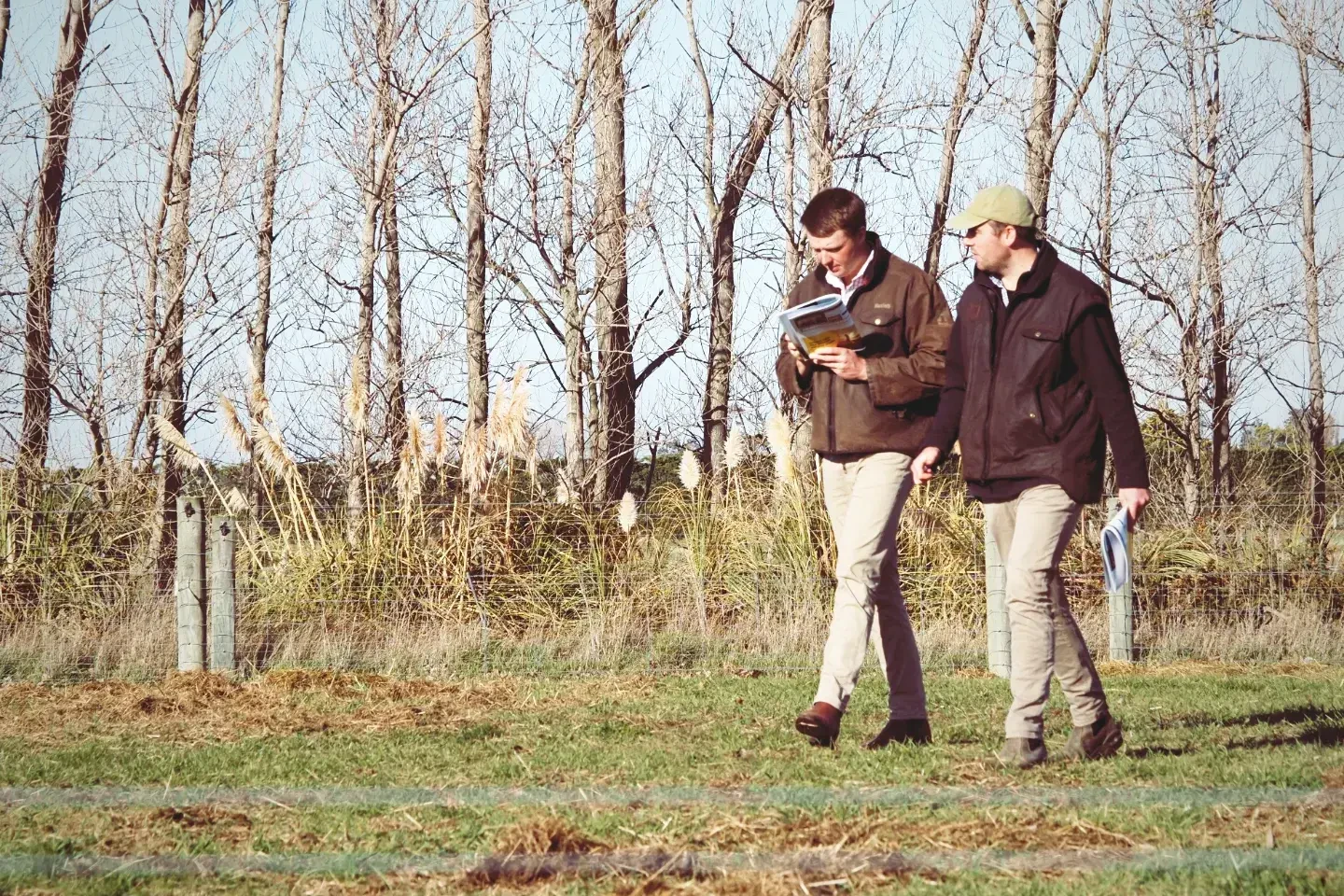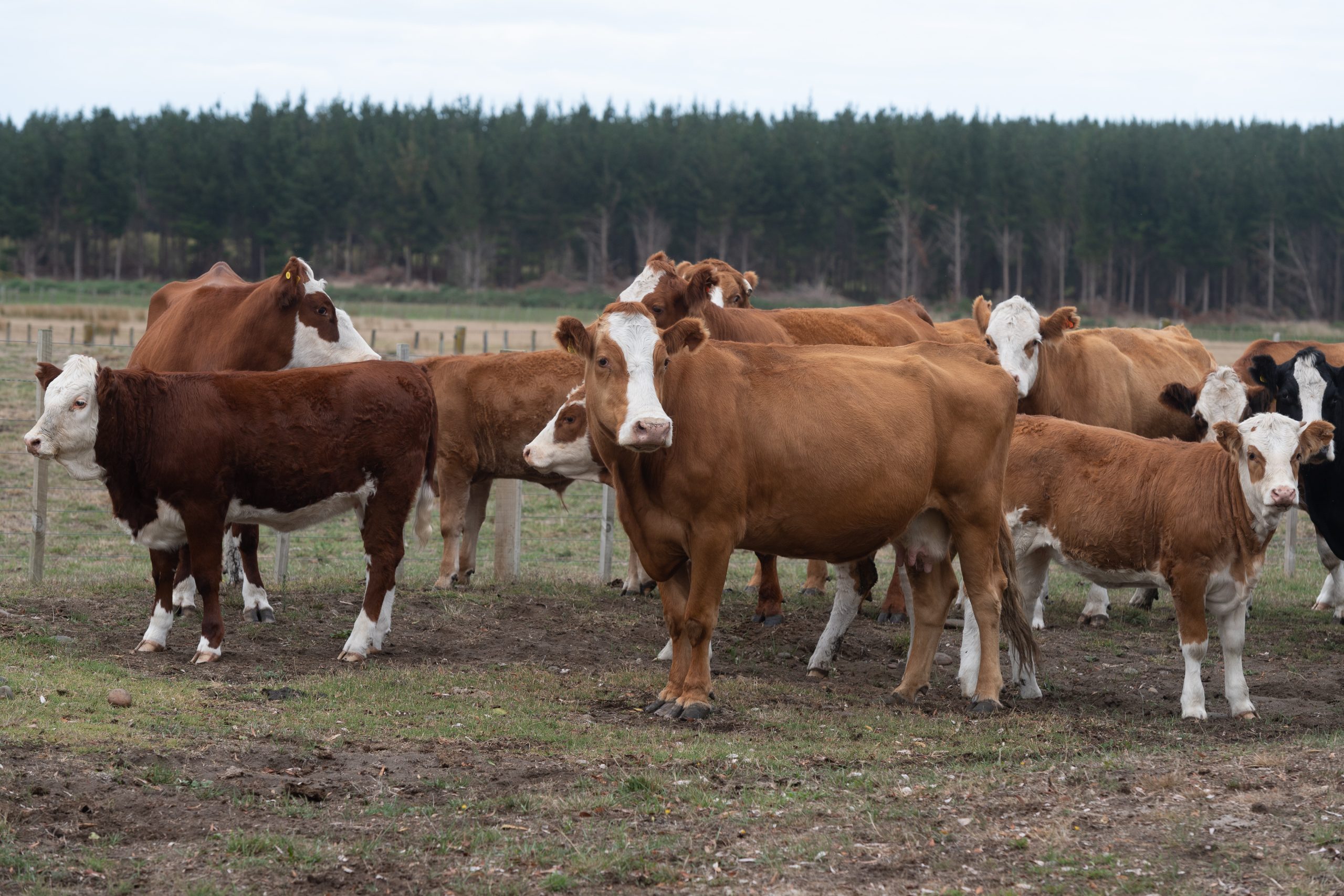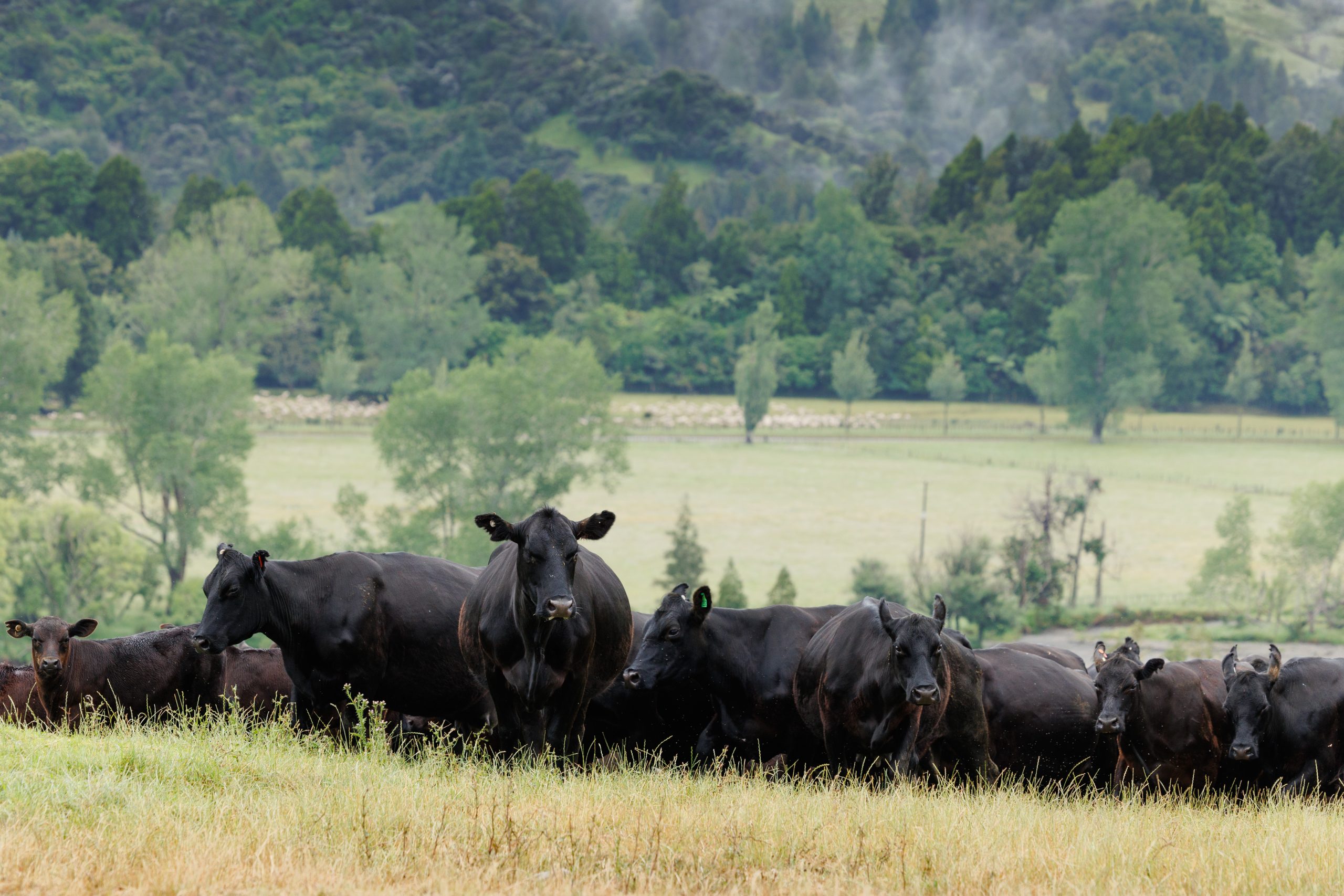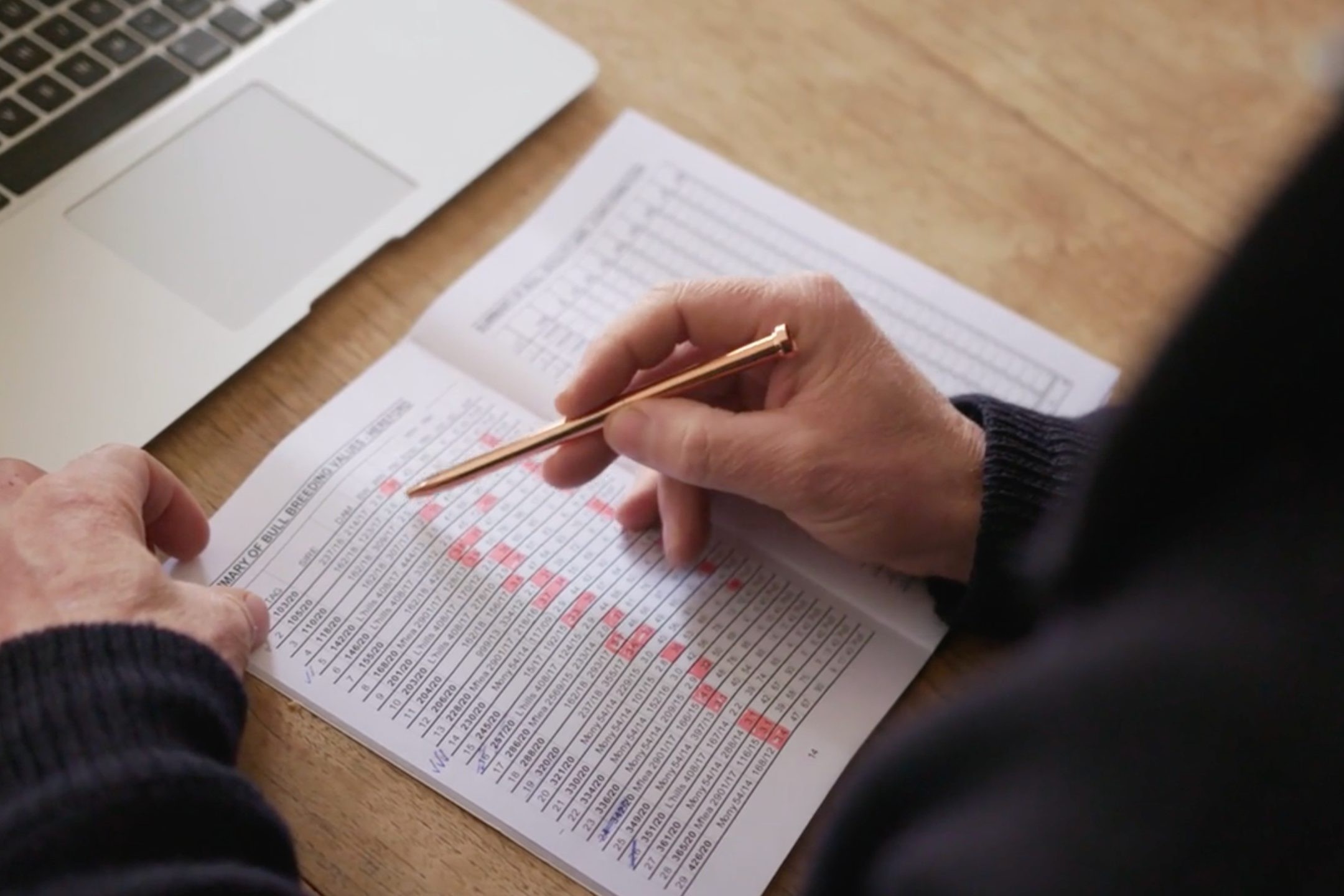Highlights of 2023 USA & Canada Study Tour
A group of New Zealand breeders and industry representatives learn more about genetic research and new technologies in the Northern Hemisphere. Words Sandra Taylor, Beef + Lamb New Zealand
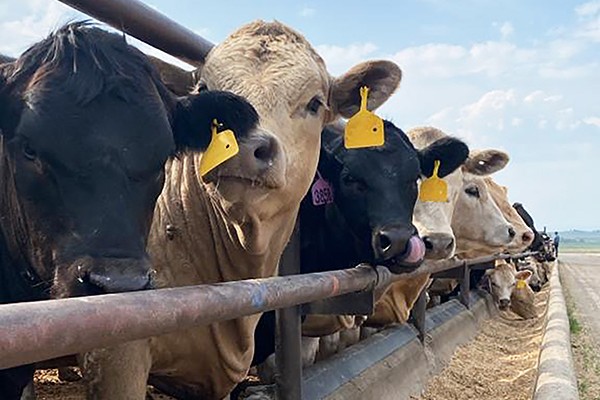
A study tour to the United States in 2023 gave a group of New Zealand beef breeders, geneticists and industry representatives an opportunity to look under the bonnet of the North American beef industries.
The tour, which was part of the Informing New Zealand Beef programme, gave stud breeders, representatives from this country’s major beef organisations and members of Beef + Lamb New Zealand’s Genetics team a whistle-stop tour of seven US states visiting farms, universities, research facilities and businesses.
The group began the trip by attending the Beef Improvement Federation Symposium and Convention in Calgary, Canada before heading south. Dan Brier, Beef + Lamb New Zealand’s General Manager of Farming Excellence, says they learnt a lot about the scale of the Canadian and US beef seed stock sectors. This includes the vast amount of genetic science research being undertaken and the increasing availability – and decreasing cost – of new technologies that benefit the industry.
Brier says it was particularly interesting seeing the amount of collaboration between universities, commercial companies, farmers and breed societies. “Everyone is united in tackling the tough challenges facing the industry. They really understand that they can cooperate for the good of the industry at the research level while still being in competition when it comes to selling bulls.”
Everyone is united in tackling the tough challenges facing the industry. They really understand that they can cooperate for the good of the industry at the research level while still being in competition when it comes to selling bulls.
Brier says the tour was an incredibly valuable opportunity to learn more about beef genetics and ultimately help improve the profitability and sustainability of NZ’s beef industry.
Russell Proffit, who along with his family runs the Raupuha Shorthorn stud in the King Country, says for him, the tour was an opportunity to meet people who were passionate about their work and their beef industry. It also gave him a chance to see how technologies are developing and the benefits they could bring to the beef industry in the future.
He says the development of technologies around sexed semen and embryo transfers will allow beef genetics to be better used by the dairy industry for the benefit of both. “I see that in the future it will make a big difference to both the dairy and beef industries.”
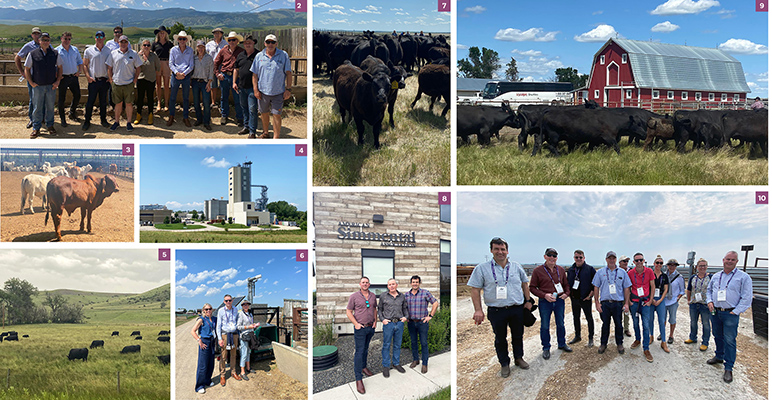
Another highlight for Russell was seeing some of the challenging environments farmers in the US were operating in. One property they visited had only 90 frost-free days a year, while another was at 2500m (8000ft) above sea level (Mt Cook sits at 3724m). These gave the New Zealanders a renewed appreciation of this country’s relatively benign climate.
For Russell, the trip also served as a reminder of the importance of monitoring and measuring and “garbage in-garbage out” when it comes to beef breeding.
Since returning, B+LNZ has produced a series of podcasts with key industry professionals from the US and Canada to share what they learned with a wider kiwi farming audience.
Dan said the trip has given real energy and knowledge to help push us forward in areas like across-breed evaluations, methane research, and beef-on-dairy.
“As an example, after seeing the use of sensors to collect animal data in North America, we decided to trial electronic heat detection systems in NZ to give us better fertility information. We are continuing to work with international contacts on other projects too.”
To listen to the Informing NZ Beef USA Trip podcast series www.blnzgenetics.com/informing-nz-beef/tools-and-resources

